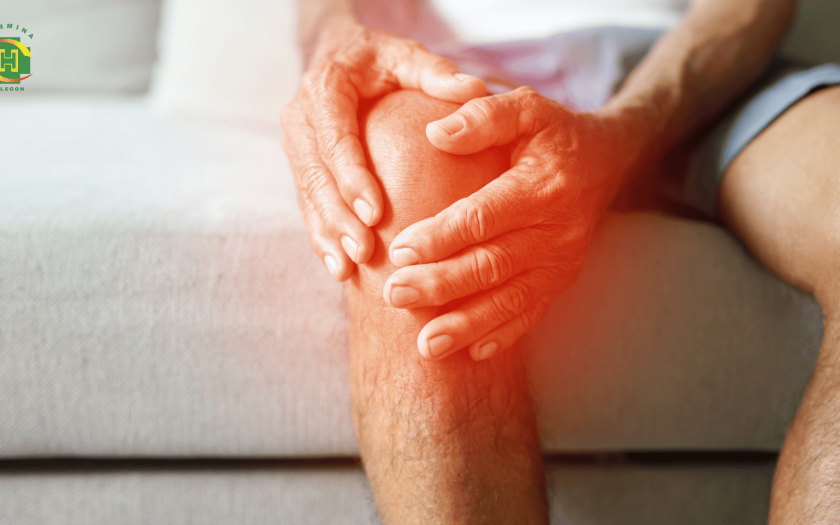Try to walk more, especially in winter.
To prevent this disease, it is recommended spending more time on moderate walks, especially in cool weather, as such activity helps to strengthen the muscles that support the joints, improves their mobility and reduces the risk of developing degenerative processes. In winter, despite the cold, outdoor activity reduces the stress on joints. Furthermore, in winter, when there is often little sunlight, walking helps maintain vitamin D levels in the body, which also positively affects the joints. Therefore, try to make time every day to walk around the city and take a break from work.
Try not to stress.
When you get stressed about any situation in your life, it can lead to the onset of inflammatory processes, which are one of the causes of osteoarthritis. In addition, stress can lead to sleep disturbances, which negatively affect tissue regeneration and overall joint health. Living in constant stress often leads to muscle tension, which can contribute to joint damage. Reducing stress helps prevent inflammation, which is important for the prevention of this disease. Try to respond to situations calmly and direct your energy toward solving problems. When you get too stressed, it not only harms your body but also reduces your productivity and focus, both of which are essential for solving problems. To learn how to manage your state, give yourself more rest and find time for meditation or other relaxation techniques.
Have a medical check-up once a year.
This condition often develops gradually, and in the early stages, its symptoms may be mild or even absent. When you visit a doctor once a year, it helps track the condition of your joints and detect signs of cartilage damage or inflammation if they are just beginning. In that case, you may be prescribed the necessary treatment (such as Muvera, Reactin SR, Mobicam-DT) to reduce inflammation and other symptoms. Therefore, dedicate one day a year to visit all the specialists and check the overall condition of your body. Moreover, now that medicine has begun to improve even further, it is becoming easier to detect any abnormalities in the body. The main thing is not to be afraid of doctors, but rather to trust them.
Choose the right office chairs and furniture.
This is one of the most important recommendations because if a chair or other furniture does not support the correct posture, it can cause muscle tension, improper distribution of load on the joints, and, as a result, increase the risk of pain and degenerative changes in the joints. For example, a low chair or a chair without back support forces a person to maintain an uncomfortable posture, which can lead to spine problems, dizziness, and pain in the neck and back. Prolonged sitting in such a position can also worsen blood circulation, reducing the ability of joints to receive the necessary nutrients for recovery and maintaining health. A proper chair should be comfortable and support the natural curvature of the spine, providing an even distribution of load.

